If there is one statistic that attests to the way in which Martha’s Vineyard Community Services has become crucial to the to the well-being of Islanders, it is the one board president Wiet Bacheller now recites.
Some 6,000 people — a number equal to about one-third of the resident population — come into contact with Community Services each year.
Fifty years ago, when the organization first started its helping work, the year-round population of the Vineyard was less than that.
Mrs. Bacheller was unaware of that when she was first tapped to sit on the board, about six years ago. There was much else she didn’t know, as well.
She had no idea how wide the variety of services the organization provides, starting with early childhood and ranging through mental health services to substance abuse to violence prevention to a program that reaches out to seniors or people shut into their homes, if they are depressed or lonely.
She had no idea of the number of employees, which fluctuates between 90 and 100.
“I believe we are the third largest employer on the Island,” she said.
She had no idea that despite a budget of around $5.5 million, Community Services still dispensed large amounts of care for which it received no funding.
“I didn’t realize that every year we do about $1 million of unfunded care, because we do not turn away anyone in need of counseling even if you don’t have insurance or government funding is not going to reimburse us. We will still take care of you,” she said.
She had no idea, in short, what she was taking on.
Between confessions of her past ignorance, on the Tuesday as she spoke to the Gazette, she was trying to locate her husband, John, who was out in his car, doing a las-minute delivery for the organization’s Possible Dreams Auction.
She was tired. The only night in the past three weeks that she had got to bed before 10:30, she was woken up to be told that a Dream had become reality: James Taylor had volunteered to host a successful bidder to dinner with himself and his family, and give them front-row tickets to his Tanglewood concert.
Eleven months of work had gone into lining up dreams, but still they come in at the last minute.
But back to her confession.
Until six or seven years ago, she had never given “one penny” to Community Services — discounting the time her husband surprised her by securing a dream package trip to the Monaco Grand Prix, complete with a boat on call, five-star hotel accommodations and pit passes. He is a motor sport enthusiast; her first reaction was at first unenthusiastic.
“I said okay, I guess we won’t fix the roof this year. But it was amazing. They treated us like royalty.”
And the reason she never gave?
“I was of the opinion that the auction made all the money they ever needed. John and I firmly believed in giving back to the Island, but I didn’t think Community Services needed us, because they were funded by this big auction.”
“At that point I was doing eighth grade auctions for the Washington trip. [She and her husband both were teachers]. It took us all year to raise $5,000, and there they were, getting $500,000 in a couple of hours.”
She knows better now, having presided through the recent years of tight government funding and charitable donations.
Now she knows about the programs which need more staff, the waiting list for counseling, all the other areas in which her organization is feeling the pinch.
Now she knows how hard it is to prove the worth of an organization which builds nothing tangible, like a new hospital or YMCA.
“We can’t parade our clients, you know?”
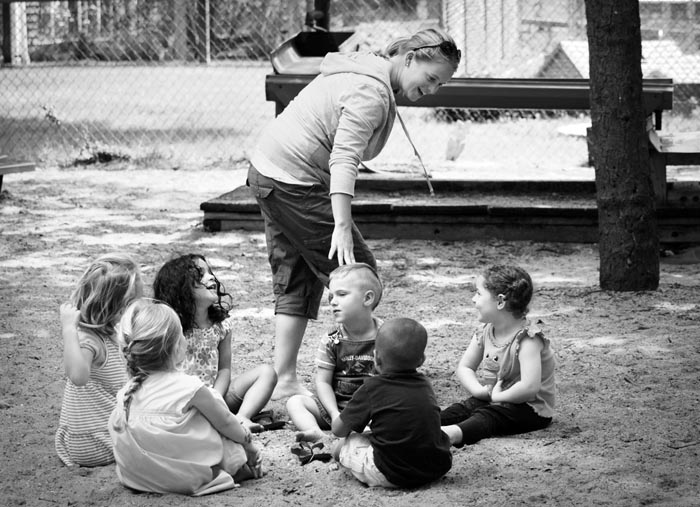
And now she has become, as she puts it, “quite shameless” about asking for help. Not volunteer help. As grateful as she is to those who give their time, the organization has plenty of volunteers. The Thrift Shop it runs has 43 of them.
What it needs is more professional staff, more programs, and more money. There are a variety of reasons why an organization like Community Services is particularly vital in a place like this. And why the needs are different and in some ways greater. For one, people in need cannot simply be referred to the next town.
Community Services executive director Julia Burgess, expanded on some of the others. One is cost. She noted a recent survey which showed the cost of living was 57 per cent higher here than on the mainland. The economy was more seasonal and most year-round residents are devoted in some way to ensuring visitors have a good time.
And all that can produce stress.
Substance abuse rates here are 21 per cent higher than the state average. There is a high level of domestic conflict and violence. And there is not, in such a small place, the level of anonymity which there is in a big city, which can be both good and bad. In winter, unemployment is high, and so are rates of depression. There now is a large Brazilian population, which has special needs. Over recent years, she said demand for counseling services has risen three-fold. The New Paths substance abuse program which began late last year was immediately over-subscribed.
The other thing is that programs here are more dependent on private donations. They make up a little more than 20 per cent of the total budget of the organization, compared with about five per cent elsewhere. Over the years, the needs of the Island have changed, too.
Some perspective is provided by Tom Bennett, the associate executive director and senior clinical advisor at the counseling center, who is a 40-year veteran of community services. When he began, much of his work involved looking after the needs of alienated young people. It was the Island’s hippie invasion, as he called it, a time of social unrest in America, and the drug problems and other ailments of those young people was a major focus.
The Island still has a drug problem, of course, although these days prescription pills are the biggest part of it, but things have changed a lot, and not for the better. There has never been a greater demand for mental health services, Mr. Bennett said.
The Vineyard now is an aging community, and care of the elderly is a growing area of concern. Programs have been started and spun off — the visiting nurses, the teen center among them. Other have been added, including disability support and the detox program. Funding has waxed and waned, from the time in the 1980s when it was good, to the straitened times of today.
But through the years, Mr. Bennett said, the organization had only grown more central to Island life. And the work, while stressful at times, had always been satisfying.
“Yes, the stress and pressure can be huge,” said Mr. Bennett, “but I personally feel blessed to have been part of the great team here.”
So, one might say, have all Islanders.

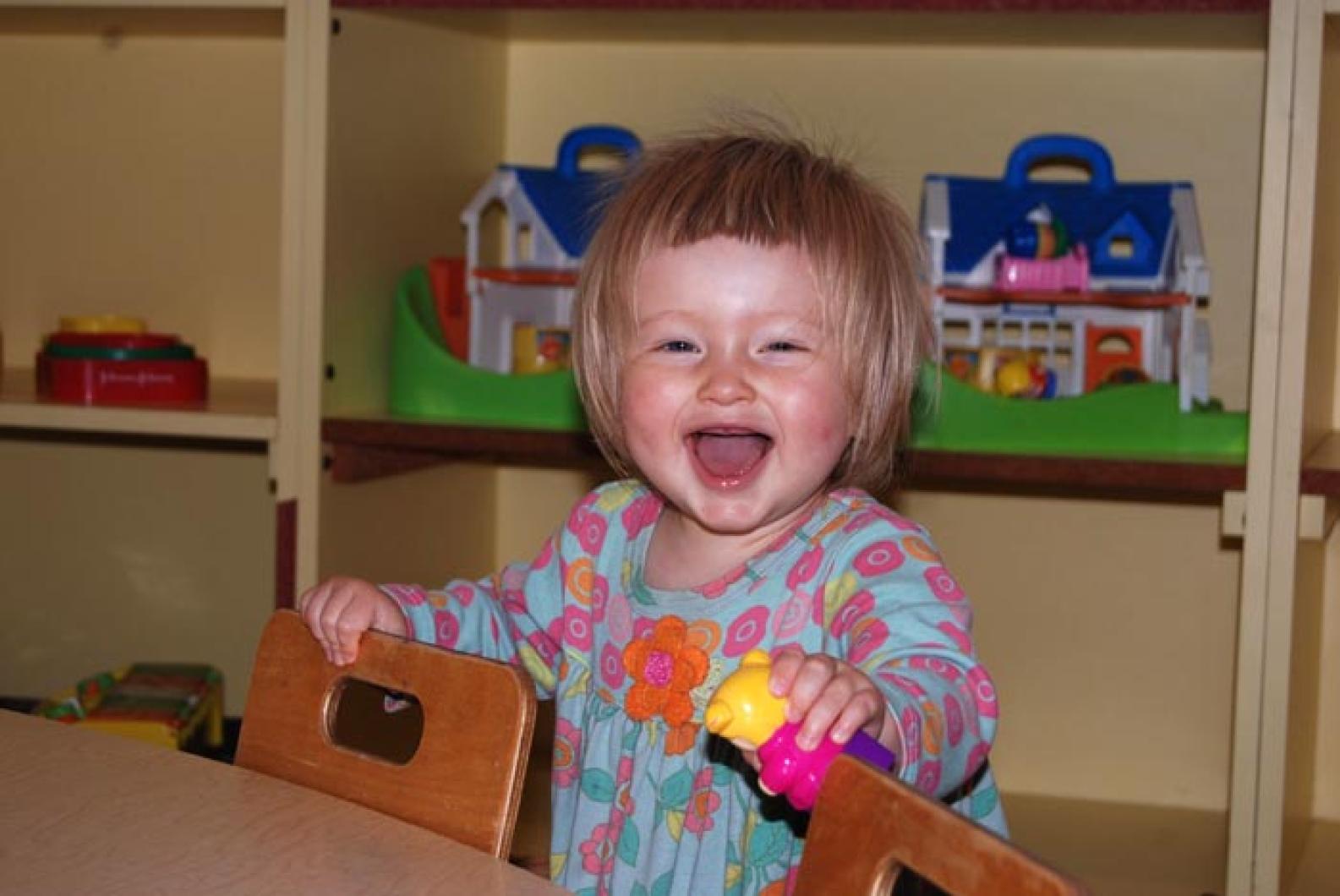

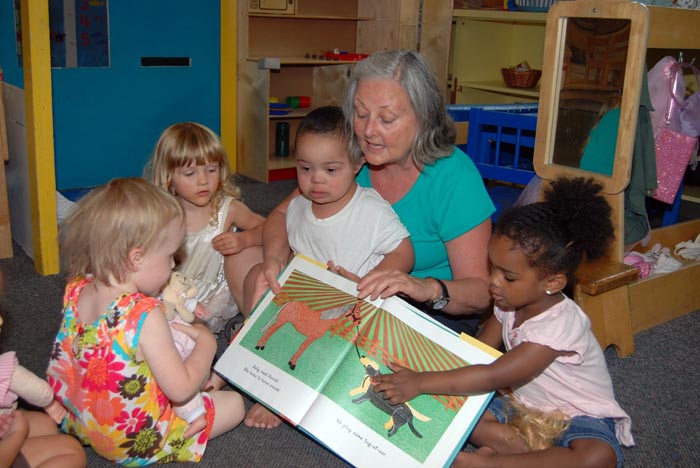


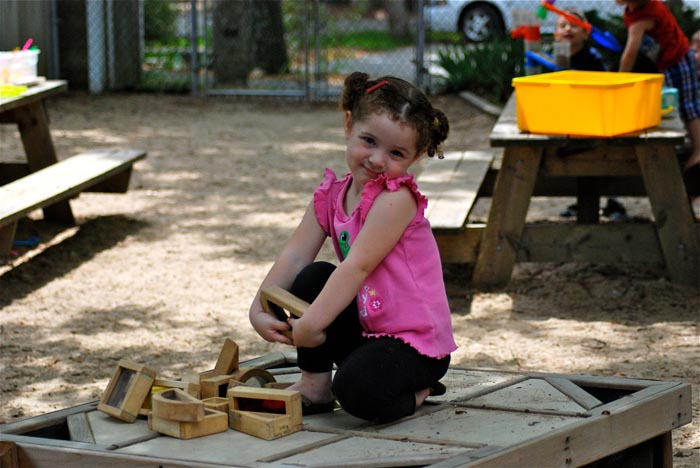
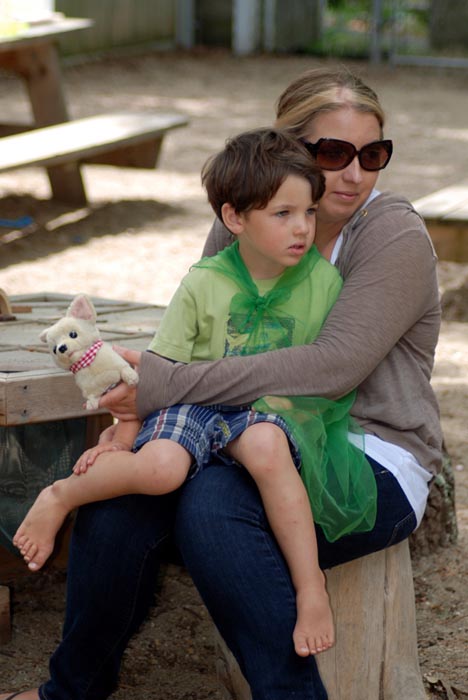


Comments
Comment policy »